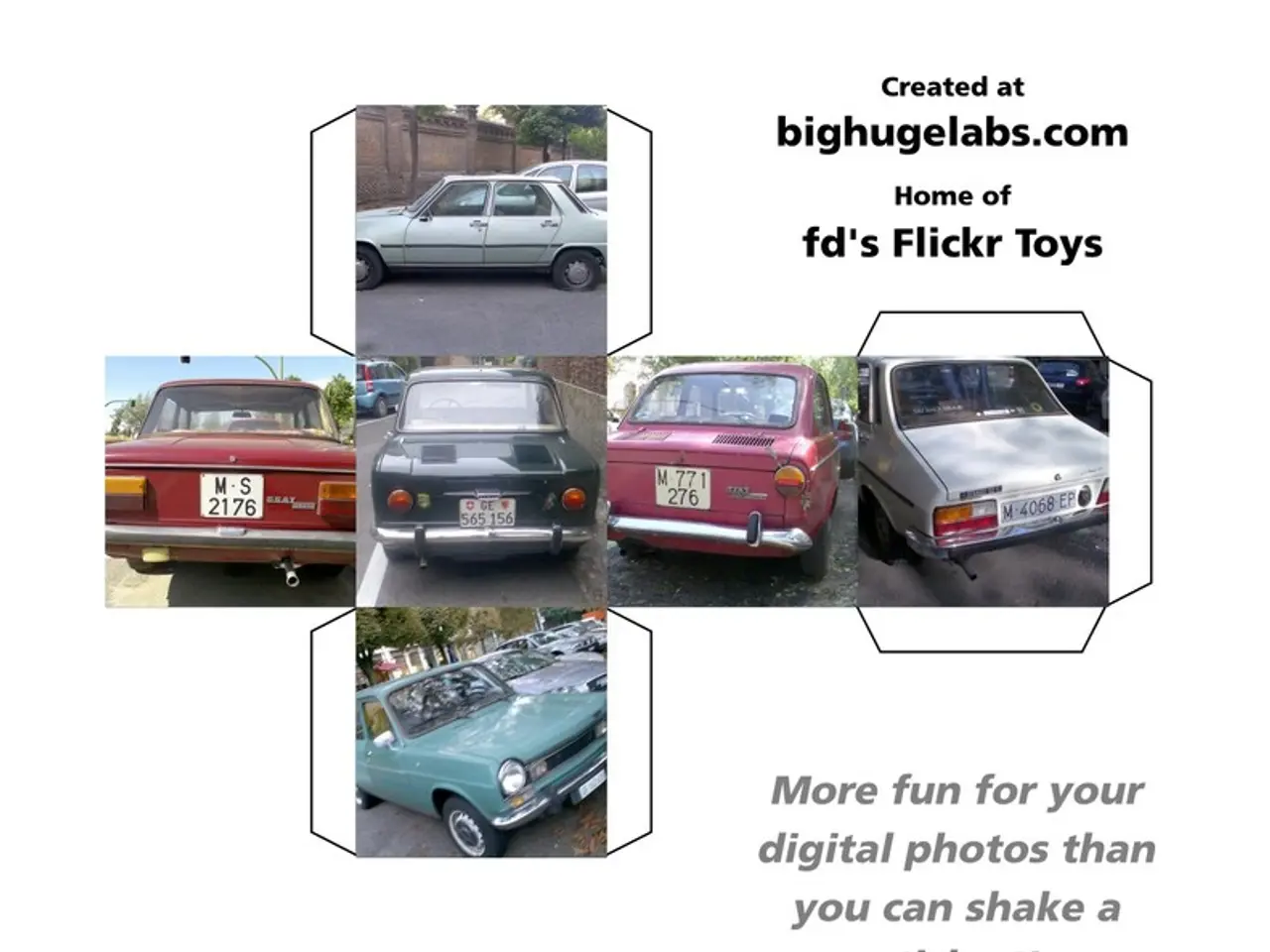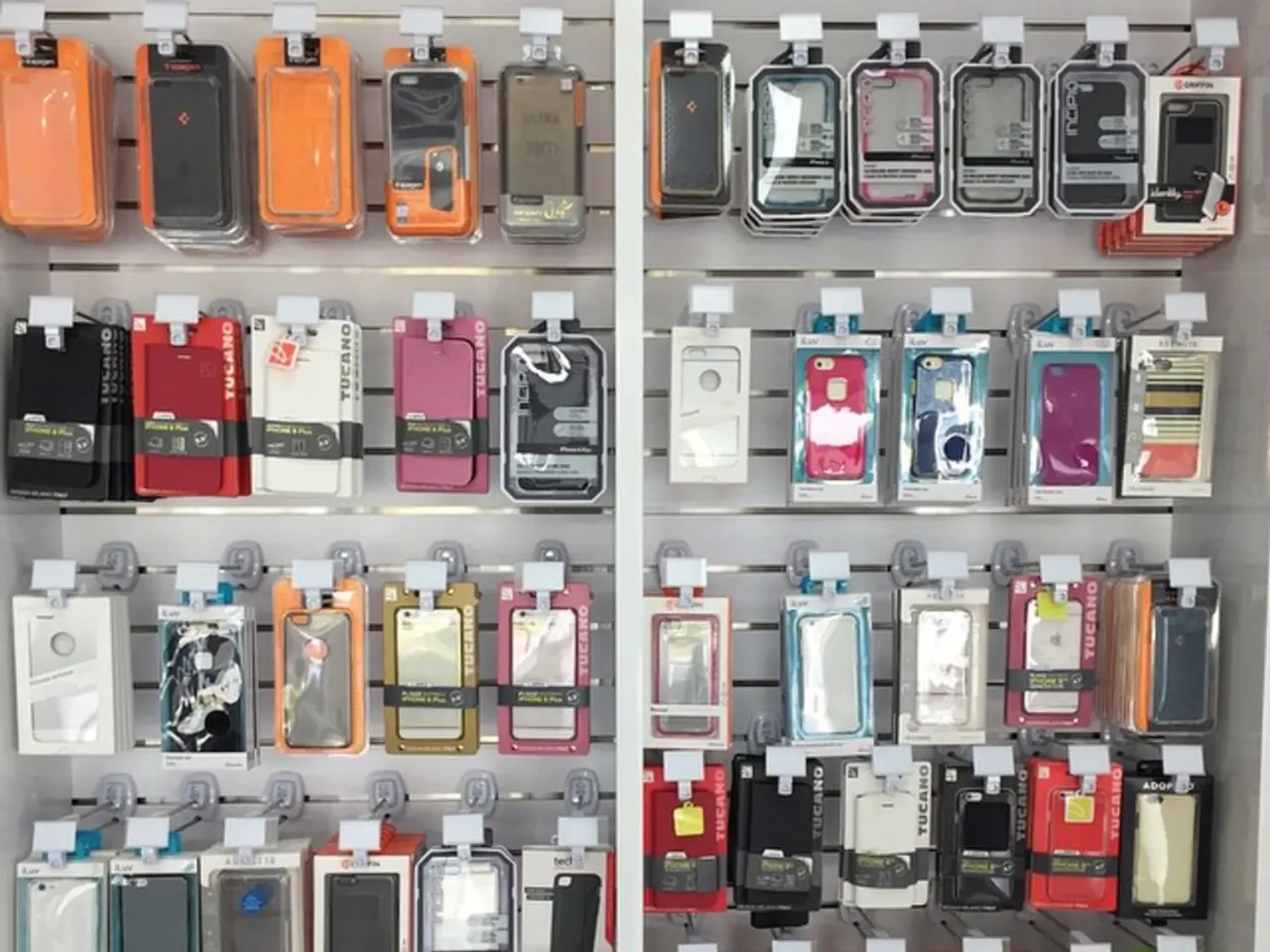Rivian teams up with Google Maps to enhance navigation for electric vehicles
Rivian, the renowned electric vehicle manufacturer, has partnered with Google Maps to enhance the driving experience for its owners. The collaboration has resulted in a sophisticated, highly responsive navigation system that seamlessly blends Google's extensive mapping data and community-driven traffic insights with specialised EV functionalities.
One of the key features of the new navigation system is the always up-to-date map data. Utilising Google's real-time map data, drivers can access the latest roads, routes, and geographic information, ensuring they have the most accurate information at their fingertips.
The system also offers live traffic information and automatic rerouting. Continuously monitoring traffic conditions during trips, it reroutes drivers if incidents such as accidents, lane closures, or construction occur, keeping the estimated arrival time as accurate as possible. Real-time road incident reports are powered by crowd-sourced data from Google Maps and Waze communities, providing drivers with immediate updates about road disruptions and hazards on their routes.
Tappable Points of Interest (POIs) allow drivers to interact with about 250 million places worldwide directly on the map. This includes access to detailed information such as opening hours, reviews, contact details, and photos—facilitated by Google's powerful search capabilities. For better orientation, the system offers satellite views of locations, helping drivers visualise their surroundings more intuitively.
Rivian has combined Google Maps data with its own EV range calculations and charging information. Features like "range on arrival," charging stops planning, and a proprietary charging score (rating charging stations based on vehicle data) are embedded into the navigation, providing EV-tailored guidance.
The integration extends beyond the built-in navigation system, with the Rivian mobile app complementing the in-car experience. The app supports trip planning with place descriptions, photos, satellite views (with Connect+ subscription), and the ability to share destinations from Google Maps or other apps directly. The mobile app also offers all-new place photos, descriptions, and a Satellite view (with a Connect+ subscription).
Rivian eliminates the reliance on platforms like Apple CarPlay or Android Auto by integrating Google Maps natively. This move was made for confidentiality and feature superiority reasons. The mobile app allows users to view traffic and traffic incidents, and users can share destinations and trips from the mobile app to the vehicle and outside the app via Google Maps.
The navigation system is specifically designed for Rivian cars, built on Google Maps' industry-leading mapping technology. The latest upgrade also allows Rivian drivers to take advantage of satellite imagery on Google Maps. Additionally, Rivian introduces a unique charging score for individual charging sites, based on plug-in data from their vehicles, indicating the reliability of a charge station.
In summary, Rivian's collaboration with Google has resulted in a navigation system that offers a range of unique features and benefits, enhancing the driving experience for Rivian owners. The integration represents a substantial upgrade over previous native navigation solutions, positioning Rivian vehicles at the forefront of in-car navigation technology.
- Rivian's navigation system, in collaboration with Google Maps, offers real-time map data, ensuring drivers always have the most accurate information.2.’ This system also includes live traffic information and automatic rerouting, using crowd-sourced data from Google Maps and Waze communities for real-time road incident reports.
- In addition, the navigation system allows interactions with over 250 million places worldwide, providing detailed information such as opening hours, reviews, and photos.
- Moreover, Rivian's integration with Google Maps provides EV-tailored guidance, including "range on arrival," charging stops planning, and a proprietary charging score for charging stations.




